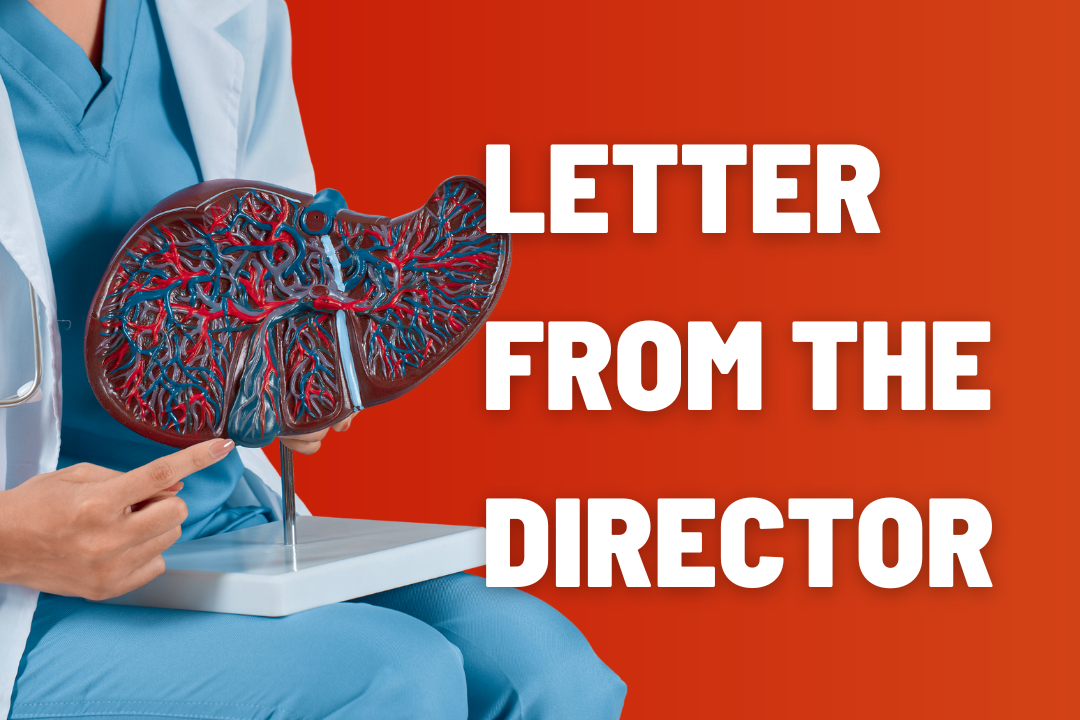This month's guest author, is Dr. Sharon Jaycox, Program Director of Fatty Liver Disease Program at the Global Liver Institute, Member of the STOP Obesity Alliance
On the second Thursday in June, Global Fatty Liver Day brings overdue attention to one of the most widespread yet overlooked public health threats of our time: fatty liver disease, increasingly referred to in clinical contexts as steatotic liver disease (SLD). Spearheaded by Global Liver Institute (GLI), this global awareness campaign mobilized >105 partners from >60 countries to highlight the urgent need to confront a condition deeply entwined with the rising tide of metabolic dysfunction worldwide.
Fatty liver disease—especially its most prevalent forms, metabolic dysfunction-associated steatotic liver disease (MASLD) and metabolic dysfunction-associated steatohepatitis (MASH) —has become a bellwether of the global metabolic health crisis. Once considered rare, the condition now affects an estimated 30% of the world’s population, including over half of adults with obesity. In the U.S., more than 122 million adults are projected to be living with MASLD by 2050.
Within both the political and scientific realms, there is growing recognition of obesity as a chronic disease and the need to address and treat obesity like any other chronic disease. A robust body of research demonstrates the connection between obesity and serious liver diseases, making access to and coverage of anti-obesity medications (AOMs) a top priority for GLI. On both the regulatory and legislative fronts, GLI has worked to promote coverage and access to AOMs. We have engaged with the Centers for Medicare & Medicaid Services (CMS) to encourage regulatory changes that would allow AOM coverage under Medicare Advantage Part D. While CMS has not yet finalized these changes, future opportunities remain. GLI also supports the Treat and Reduce Obesity Act (TROA), working with federal lawmakers to advance this legislation and expand patient access to care.
In addition, GLI continues to lead its “Beyond the Biopsy” initiative, which seeks to eliminate the use of invasive liver biopsies as a requirement for diagnosing, treating, or participating in clinical trials for MASH. While biopsy has its place in healthcare, this procedure is often unnecessary and can present significant physical and psychological barriers to care. GLI regularly advocates to agencies, insurers, and legislators, including efforts to update VA guidelines. GLI has also brought patient perspectives into critical policy conversations, including those with CMS around IRA-listed drugs such as semaglutide and rifaximin, and through the FDA’s Externally-led Patient-Focused Drug Development (EL-PFDD) meeting on (then referred to as) NASH. These efforts underscore GLI’s commitment to centering patient voices in liver disease advocacy, policy, and drug development, while promoting obesity treatment as both a therapeutic and preventive strategy.
Fatty liver disease doesn’t exist in isolation—it sits at the intersection of nearly every major noncommunicable disease burdening modern health systems. If we hope to improve outcomes and reduce healthcare costs, we must treat liver health as central to our response to the obesity and metabolic health crisis.


